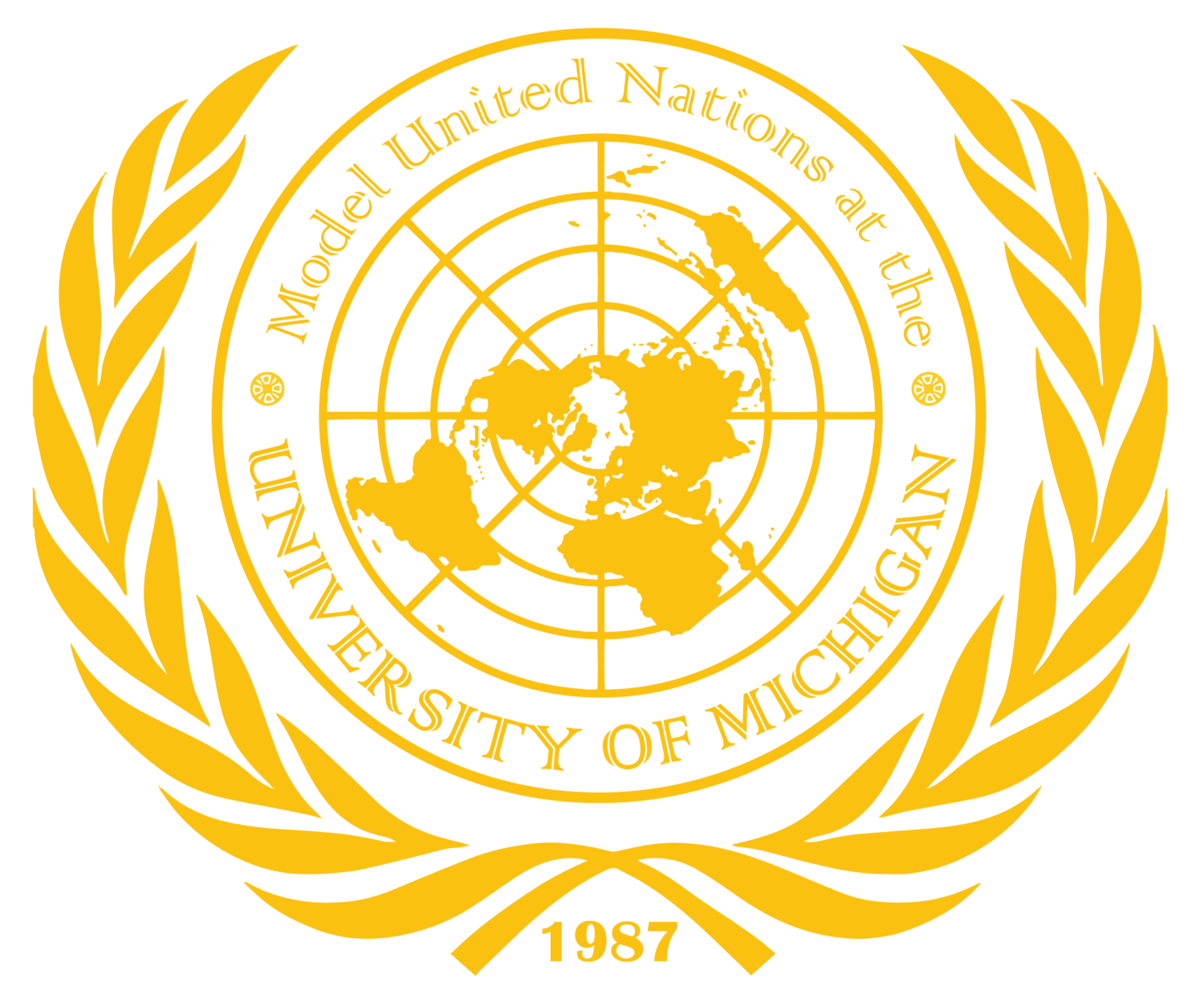The Angolan Civil War
About the Committee:
The year is 1975 and the Alvor Accords have been signed by leaders of both liberation forces and the Portuguese government establishing plans for Angola’s independence. After 13 years of war with Portugal fighting for independence, the leaders of the different military factions and political parties that fought for independence began looking inwards on their ideal government structure and vision for the new country. Along with the visions of these leaders, they are influenced by their respective allies. On one side is the communist People’s Movement for the Liberation of Angola party (MPLA) which was supported by African Socialist groups, Cuba, and Eastern Bloc member nations; and on the other side is the anti-communist National Union for the Total Independence of Angola party (UNITA) which was supported by other liberation parties including FNLA and FLEC, along with Zaire, South Africa, and the United States. Although the sides are divided along lines of which political system they prefer, the MPLA faction is communist while the leaders within UNITA are staunchly anti-communist, the conflict is also fueled by ethnic divides, concerns over the influence of neighboring countries, and an ongoing economic depression.
Angola is struggling with intense political divide along with a looming humanitarian crisis as the different liberation forces find themselves without the common cause of fighting their colonizers to keep themselves from fighting. During this time, the leaders of these liberation movements and their affiliates must figure out how to campaign, and fight if necessary, to work for their best interests. A government needs to be established, but with the country divided between ideologies and ethnic lines, the different political parties must create a strategy to create a government that follows their respective visions. Each side, led by the MPLA and UNITA, must work with their respective allies to balance an intense political and military situation along with a rapidly evolving humanitarian situation where a large percentage of the country’s population was displaced by the civil war and continues to grow.
A joint crisis committee of this nature is a unique style of committee that is fast-paced and where two different rooms work simultaneously to try to achieve their goals which are often contradictory to each other. Each room will be comprised of representatives from the respective liberation front, either the MPLA or UNITA, along with representatives from their allies and other interested groups.
A LETTER FROM THE DaiS:
Hello Fellow Delegates!
My name is Mahi Khandelwal and I am one of the co-directors of JCC: Angolan Civil War for MUNUM XXXVII. I can’t wait to see what you all have researched regarding this unique topic! I am a junior studying Business Administration with a minor in Education. I attended MUNUM twice as a delegate myself and this is my second year being a part of the staff! Last year was my first time running a JCC and I can confidently say it is my favorite committee. This year’s topic has some very interesting characters and arcs, so get ready to debate! Outside of MUNUM, I am also a part of a consulting club here on campus and plan on pursuing management consulting post graduation. I am also part of a Bollywood fusion dance team where we compete against other teams around the country. In my free time, I love to go on runs as well as try all the different restaurants in Ann Arbor. MUNUM holds a special place in my heart, so I’m super excited to see you all in January! Please reach out to me with any questions you have, MUNUM related or not!
Hello delegates! My name is Peter Wathen and I am a co-director of JCC: Angolan Civil War for the MUNUM XXXVII conference. This topic is really exciting and interesting to me and I am looking forward to what you all will be able to explore. I started participating in Model UN when I came to Michigan, and I really enjoy the JCC method. I was a rapporteur on JCC: North Yemen Civil War and really enjoyed seeing the creativity that the delegates exhibited. For the 2023-24 year, I am a sophomore studying history and political science. After college, I plan on pursuing law school and a career as an attorney. Outside of MUNUM, I enjoy being outside, gardening, and archery. I am also very involved in Scouts BSA, serving as an Assistant Scoutmaster for the troop in which I earned my Eagle Scout rank in. I also really enjoy hiking and just exploring hidden trails around Ann Arbor. Also, feel free to talk to me about any sports for Michigan or Detroit as I’m kind of obsessed. I am looking forward to seeing you all come January, and please let me know if you have any questions coming into the conference!
Best,
The Staff of the Angolan Civil War
Peter Wathen: pwathen@umich.edu
Mahi Khandelwal: mahik@umich.edu
